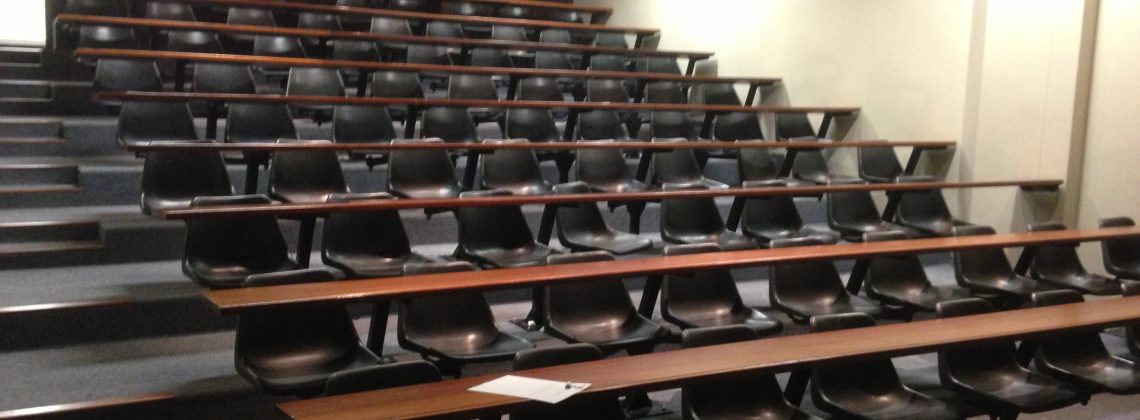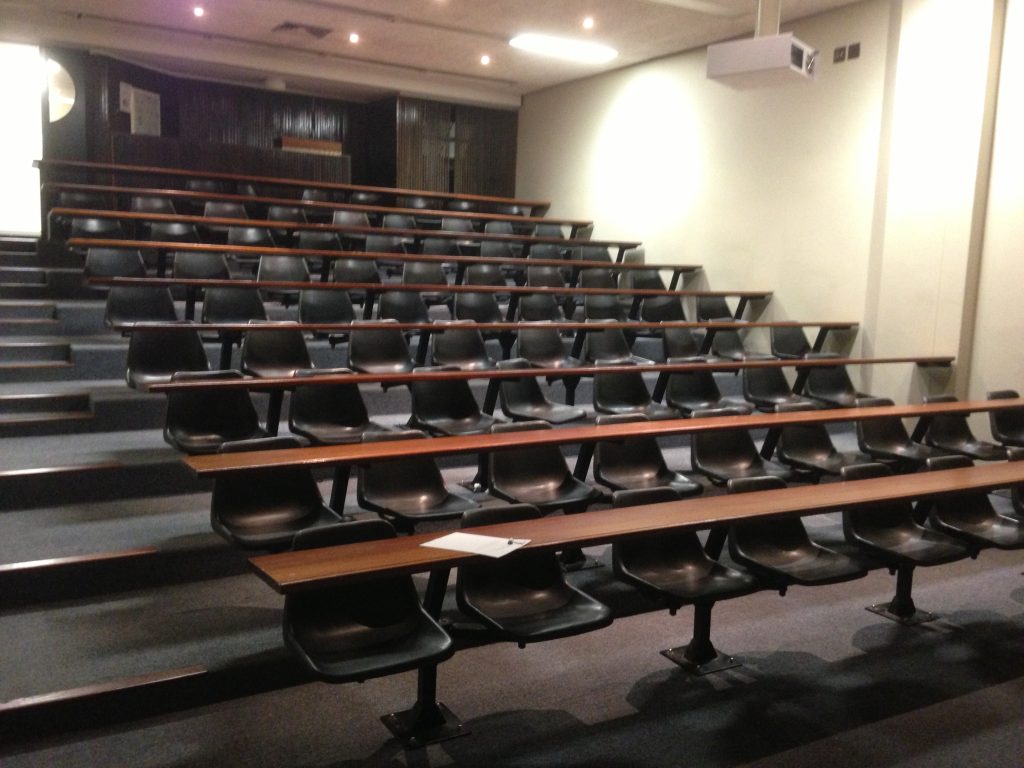

Is the goal of education for students to feel good about themselves? Is it a form of therapy? Len Gurkin tackles this issue at The Chronicle of Education. Here is a small taste:
Vincent Lloyd…widely read essay in Compact, “A Black Professor Trapped in Anti-Racist Hell,” describes a catastrophic teaching experience at Telluride. In Lloyd’s view, his classroom was hijacked by an activist teaching assistant (he pseudonymizes her as “Keisha”). But Emre thinks Lloyd, like other critics of contemporary-student activists, fails “to grasp the psychological dynamics at play between teachers and students.” Keisha, conversely, grasps them all too well. Because she “has learned how to manage the transference of the class and her countertransference response more successfully than Lloyd has,” she “is able to teach — to get the students to read and to listen, to speak and to socialize with her.” She is, in this sense, “a better teacher than [Lloyd] is.”
Emre acknowledges that Keisha might seem to be “abusing her hold over the classroom,” and her subtle dissection of the psychodynamic complexities of the pedagogical situation is convincing. But I am not persuaded that Lloyd and Keisha were competing for the same territory. From one point of view, Keisha was not a teacher at all — she was instead a workshop leader, where “workshop” names an amalgam of activist and therapeutic goals. The difference between the workshop and the seminar is the difference between therapy and pedagogy. Her undermining of Lloyd did not begin in the classroom itself but in Telluride’s mandatory antiracism workshops, held each afternoon and run by graduate-student assistants like Keisha. “There were workshops on white supremacy, on privilege, on African independence movements, on the thought and activism of Angela Davis, and more, all of which followed an initial, day-long workshop on ‘transformative justice.’ Students described the workshops as emotionally draining,” Lloyd writes.
If Keisha’s hold over her charges involved the abuse of transference dynamics, perhaps one condition of that abuse was the substitution of workshop dynamics, with their “emotionally draining” potential, for those of the classroom. The workshop is designed to harness participants’ desires in ways very different from those proper to the classroom. Hard thinking is appropriate to a classroom, including hard thinking about topics that might make students uncomfortable. But the “draining” experiences the students associated with the workshops are not the goal of a seminar, even if they are sometimes an inadvertent byproduct.
The workshops at Telluride probably have their roots in the countercultural therapeutic institutions that sprang up in the late ‘60s. By the ‘70s, the historian Todd Gitlin writes, “professionalized countercultures … spawned a virtual transcendence industry whose crucibles were ‘workshops’ in therapeutic and spiritual technique.” Workshop culture in the 1970s — with its interest in drugs, sex, Reichian “bioenergetics,” primal screams and other eccentric paraphernalia of the period — might seem a far cry from the bureaucratized antiracism workshops of today. But despite the New Age trappings, workshops then shared an activist impulse with workshops now. They were, as Gitlin writes, “politics by other means.”
The sociologist Elisabeth Lasch-Quinn’s 2001 book Race Experts charts the convergence of these new therapeutic institutions with ideas about race. Lasch-Quinn focuses especially on Re-evaluation Counseling, a New Age organization devoted to introspective and cathartic group rituals with a strongly Protestant cast, although without any theology. Beginning in the ‘70s and continuing into the present, Re-evaluation Counseling and associated therapies “became mixed in with the racial struggle indiscriminately,” Lasch-Quinn writes. The result is a heavily psychologized politics and a heavily politicized psychology in which professional consultants’ “frequent association of personal growth with political transformation prompts them to offer an ideological program along with their therapy.” Some of the most controversial features of the antiracism workshops Lasch-Quinn describes, such as “separating the larger group into small groups by sex, race, age, class, and religion,” remain with us. Just this year, New York University offered an antiracism workshop exclusively for whites, a restriction they explained was meant to avoid exposing “people of color to further undue trauma or pain as we stumble and make mistakes.”
Lloyd’s students deployed a psychologized vocabulary of complaint (they read from a prepared statement describing “how the Black students had been harmed” and accused Lloyd “of countless microaggressions”) reminiscent of the language used by Gloeckner’s students against her. To Lloyd, this combination of hyper-emotive rhetoric with ideological prescription rendered his classroom — or rather Keisha’s — a kind of “cult.”
The construal of workshop culture and the student activism it inflects as basically religious is common among critics of the campus left. The most recent entry in the literature is Ian Buruma’s essay in this month’s Harper’s describing “wokeness” by analogy to 17th-century Puritanism (Buruma is far from the first to reach for this particular comparison). Both emphasize internal personal transformation; both endorse public proclamations of penance or commitment; both divide the world into the unconverted and the elect.
Read the rest here.
One small correction: Elisabeth Lasch-Quinn, a Current contributing editor, is not a sociologist. She is a historian. And I highly recommend her book Race Experts.
How do we square the classroom as therapy with the words of Sam Wineburg in Historical Thinking and Other Unnatural Acts?:
For the narcissist sees the world–both the past and the present–in his own image. Mature historical understanding teaches us to do the opposite: to go beyond our own image, to go beyond our brief life, and to go beyond the fleeting moment in human history into which we have been born. History educates (“leads outward” in the Latin) in the deepest sense. Of the subjects in the secular curriculum, it is the best at teaching those virtues once reserved for theology–humility in the face of our limited ability to know, and awe in the face of the expanse of history.